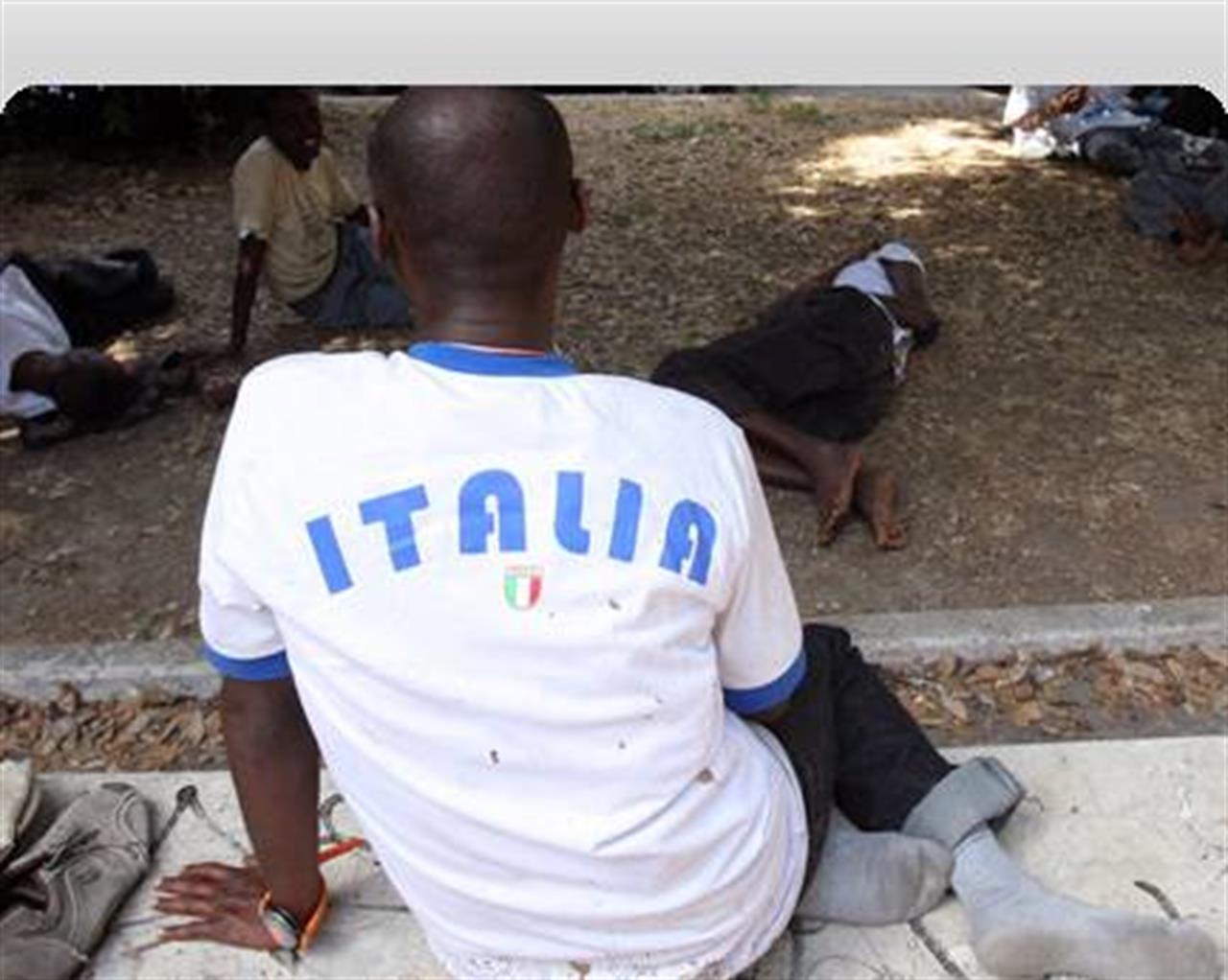Non profit
Fresh start for torture victims
Best practices from Italy. Vi.To helps torture victims and their families start a new life
di Staff

By Daniele Biella
Allowing victims of torture a second chance at life. The apple of the EU’s eye, a project that welcomes and helps people who suffered torture and those whose relatives have. It is called Vi.To. (Victims of Torture) and it was the idea of the non profit Cir-Consorzio Italiano per I Refugiati (Italian consortium for refugees). To date it has enabled 610 victims and their families to start fresh after surviving horrendous experiences in their own countries or, in the case of migrants, in transit countries.
“The real aim of any torture method is to destroy the identity of an individual. Our goal is to reconstruct it,” explains Fiorella Rathaus, head of the Vi.To. project, founded in 1996 and financed by the European Fund for Refugees and the United Nations Fund for Victims of Torture. The project does not provide housing but through an office in Rome it does guarantee victims legal, medical and psychological assistance. The project even “uses theatre as a way for people to express their experiences, where words are not enough.” Every year, on the UN’s International Day for Victims of Torture, June 26, a few members of Vi.To. perform a play based on a specific theme. The 2010 edition will tell the story of those who crossed the Mediterranean on the barges of despair. “According to Amnesty International there are 111 countries where torture is still in practice. In other words, half of the world’s population lives under governments that do not respect human rights law,” says Rathaus. “In 2009 alone it is estimated that the total number of European asylum seekers who are victims of torture is 65,000,” adds Rathaus.
Another more direct path to ‘intercept’ people escaping torturing is “our presence at the borders, Libya in particular, and our link with CARA [welcome centres for asylum seekers] across Italy,” says the head of Vi.To.
Those who use its services are mostly young, 70 per cent are men and 50 per cent arrive from Africa – in particular from central African countries like Congo and Eritrea. “Then Afghanistan, Iraq and Turkish Kurdistan,” adds Rathaus. Their stories are awful, “there are women who have seen their children killed, raped or beaten in front of them,” she says. Besides the work done to help victims, Cir is faced with another battle front. “Italy is the only European country that does not have provisions for the crime of torture in its penal system. We need to lobby to convince politicians to introduce them,” she concludes.
Cosa fa VITA?
Da 30 anni VITA è la testata di riferimento dell’innovazione sociale, dell’attivismo civico e del Terzo settore. Siamo un’impresa sociale senza scopo di lucro: raccontiamo storie, promuoviamo campagne, interpelliamo le imprese, la politica e le istituzioni per promuovere i valori dell’interesse generale e del bene comune. Se riusciamo a farlo è grazie a chi decide di sostenerci.
